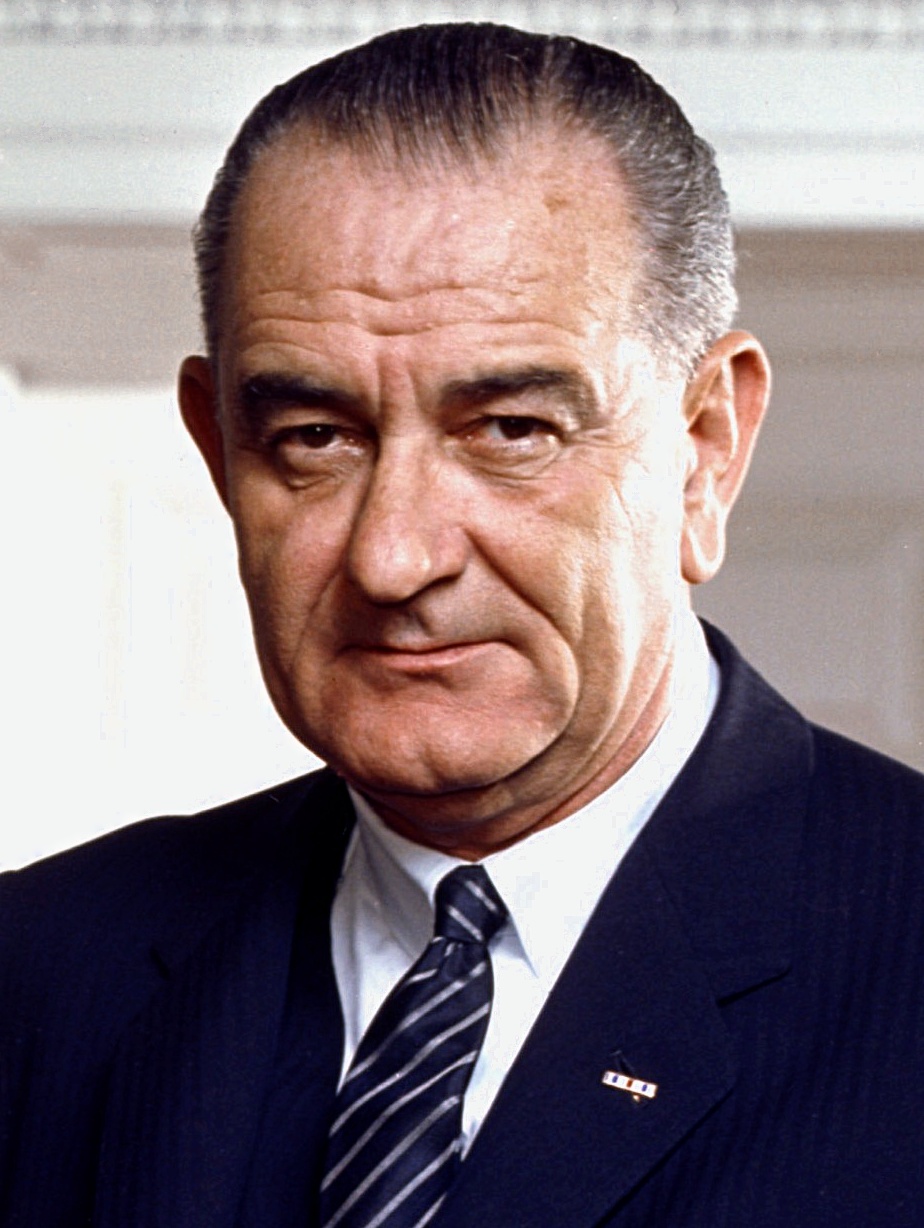|
Daisy (advertisement)
"Daisy", sometimes referred to as "Daisy Girl" or "Peace, Little Girl", is an American political advertisement that aired on television as part of Lyndon B. Johnson's 1964 presidential campaign. Though aired only once, it is considered one of the most important factors in Johnson's landslide victory over the Republican Party's candidate, Barry Goldwater, and a turning point in political and advertising history. A partnership between the Doyle Dane Bernbach agency and Tony Schwartz, the "Daisy" advertisement was designed to broadcast Johnson's anti-war and anti-nuclear positions. Goldwater was against the Nuclear Test Ban Treaty, and suggested the use of nuclear weapons in the Vietnam War, if necessary. The Johnson campaign used Goldwater speeches to imply he would wage a nuclear war. The commercial begins with three-year-old Monique Corzilius standing in a meadow, picking the petals of a daisy as she counts from one to ten incorrectly. After she reaches "nine", she pauses, an ... [...More Info...] [...Related Items...] OR: [Wikipedia] [Google] [Baidu] |
Democratic National Committee
The Democratic National Committee (DNC) is the governing body of the United States Democratic Party. The committee coordinates strategy to support Democratic Party candidates throughout the country for local, state, and national office, as well as works to establish a "party brand". It organizes the Democratic National Convention held every four years to nominate a candidate for President of the United States and to formulate the party platform. While it provides support for party candidates, it does not have direct authority over elected officials. When a Democrat is president, the White House controls the Committee. According to Boris Heersink, "political scientists have traditionally described the parties’ national committees as inconsequential but impartial service providers." Its chair is elected by the committee. It conducts fundraising to support its activities. The DNC was established at the 1848 Democratic National Convention. [...More Info...] [...Related Items...] OR: [Wikipedia] [Google] [Baidu] |
Voiceover
Voice-over (also known as off-camera or off-stage commentary) is a production technique where a voice—that is not part of the narrative (non-diegetic)—is used in a radio, television production, filmmaking, theatre, or other presentations. The voice-over is read from a script and may be spoken by someone who appears elsewhere in the production or by a specialist voice actor. Synchronous dialogue, where the voice-over is narrating the action that is taking place at the same time, remains the most common technique in voice-overs. Asynchronous, however, is also used in cinema. It is usually prerecorded and placed over the top of a film or video and commonly used in documentaries or news reports to explain information. Voice-overs are used in video games and on-hold messages, as well as for announcements and information at events and tourist destinations. It may also be read live for events such as award presentations. Voice-over is added in addition to any existing dialogue and ... [...More Info...] [...Related Items...] OR: [Wikipedia] [Google] [Baidu] |
The Telegraph (Alton, Illinois)
''The Telegraph'' is an American daily newspaper published seven days a week in Alton, Illinois, serving the St. Louis Metro-East region. It was owned by Civitas Media, based in Davidson, North Carolina, a subsidiary of Philadelphia-based Versa Capital Management, which owned about 100 daily and weekly newspapers across 12 states but sold The Telegraph to Hearst Corp. in 2017. It was founded in 1836, as the ''Alton Telegraph'' by Lawson A. Parks. It is published seven days a week. Until the 1970s, the ''Telegraph'' was known as the ''Alton Daily Telegraph'' and then the ''Alton Evening Telegraph''. In 1969 the ''Alton Telegraph'' was sued for defamation by a local builder, James C. Green. A jury awarded $9 million. The newspaper could not appeal unless it posted a $10 million bond, and instead declared bankruptcy, eventually settling for slightly more than its insurance limits. The Cousley family controlled the paper from 1889 to 1985, when they sold the paper to Ingersoll Publi ... [...More Info...] [...Related Items...] OR: [Wikipedia] [Google] [Baidu] |

